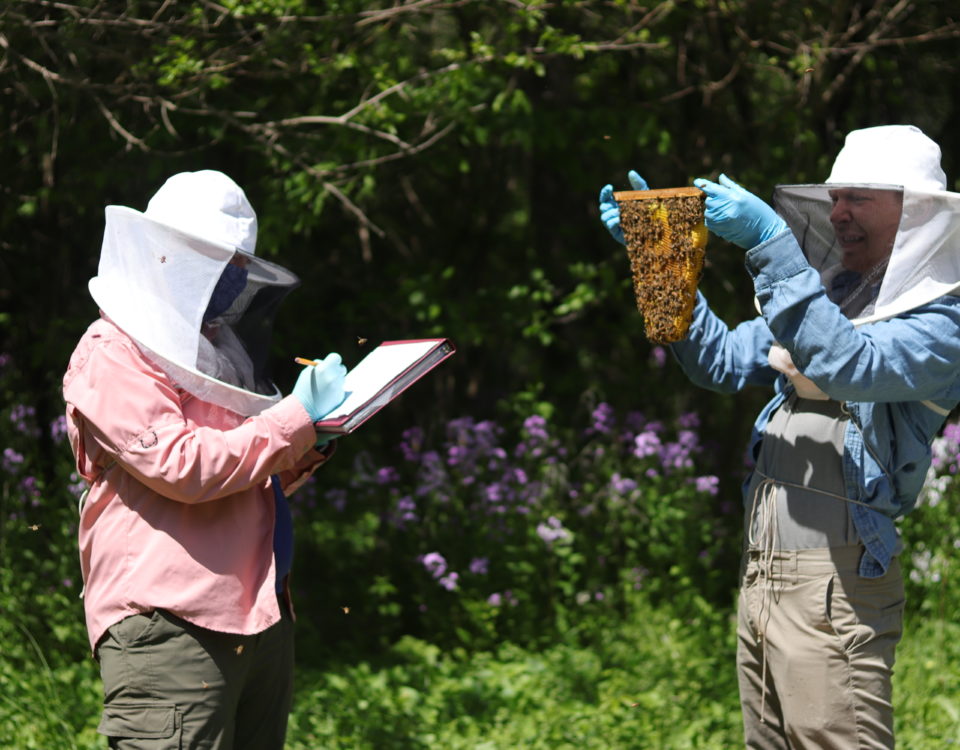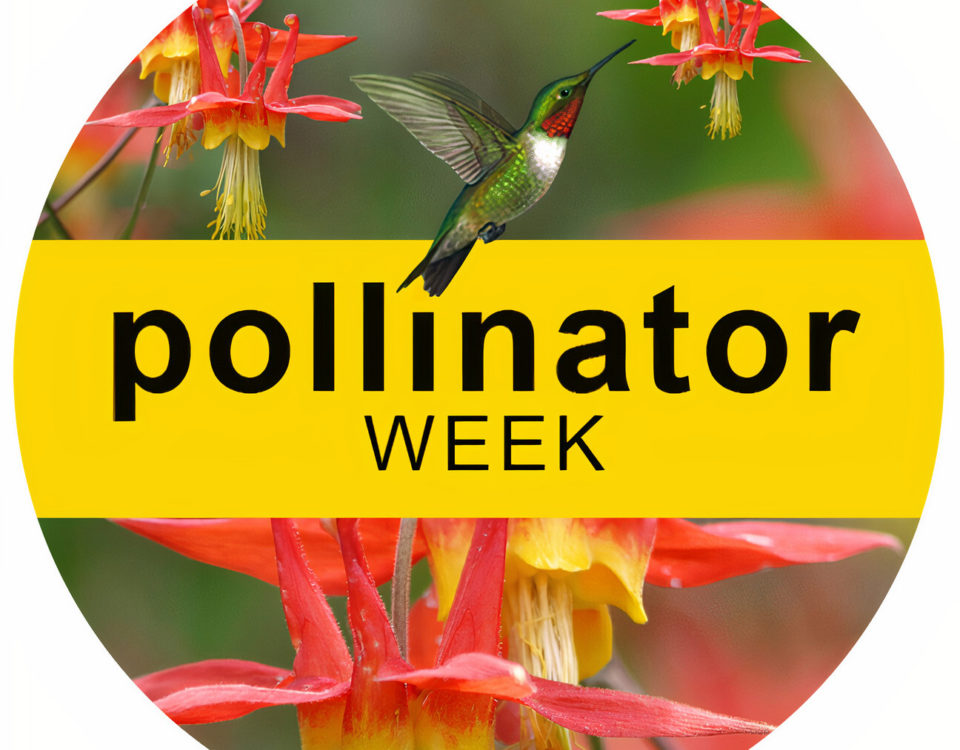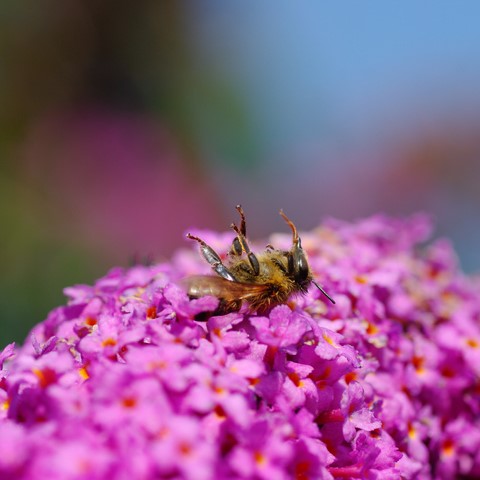- All-In-One Beekeeping for the Bees
- +1-608-728-8233
- info@beepods.com
Partner with a Local Beekeeping Club

As a school beekeeper, you are going to want all the help you can get. You probably already engaged the support parents as well as staff members. Hopefully, you have a Beepods membership to get access to phone support, user forums, and a wealth of information. But have you partnered with your local beekeeping clubs? Your local beekeeping community has a wealth of knowledge and is especially helpful regarding local weather, flora, and pests/disease.

Finding Your Clubs
It’s not hard to connect with a local club. Start by searching for a club in your area or check out the American Beekeeping Federation’s list of state and
local beekeeping clubs. Finding a club that meets
close to your school would be ideal so that your students are more likely to attend classes. If the club is not currently partnered with a school, you may be able to suggest your school’s location for hosting seminars and other events.
How to Partner with a Club
Once you have located a local beekeeping club and met with them or had phone conversations, try attending meetings where new and experienced beekeepers discuss timely topics, best practices and answer questions from new beekeepers. In the Milwaukee area, the Milwaukee Waukesha Beekeepers Association meets monthly and provides educational presentations, business meetings, and a chance to socialize with other beekeepers.
Some beekeeping clubs offer weekend or weeknight classes for beginning beekeepers that teachers and students could attend. The Raleigh County Beekeepers Cooperative Association (RCBCA) offers classes that include setting up a hive, extracting and selling honey, inspecting hives, introducing nucleus colonies and packaged bees, and preventing swarms. Their classes include everyone from “80-year-old men to brilliant third-grade girls.” Some clubs offer seminars right on high school campuses.
Bring the Club to Your School
You should also talk to clubs about having experienced beekeepers visit your school. If you don’t have bees, they may be able to bring an observation hive and offer educational sessions on topics such as honey bee anatomy and life cycles, hive products, and the importance of bees in food production. In St. Peter’s, Missouri, Three Rivers Beekeepers is a fast-growing bee club averaging over 75 members per meeting! Several of their members often speak at schools, nursing homes, garden clubs, and scouting meetings to share their knowledge of bees and promote the benefits of beekeeping.
Bee clubs can share advice on preparing a site for the beehive, establishing a bee pasture, setup and operating costs, and managing the hive. If the bee club can’t advise on planting for bee forage, reach out to local garden clubs. A gardener may be willing to visit your school and help you sketch out a landscape plan.
Gardeners join a garden club. Sailors join the sailing club. That’s why you, the new or prospective beekeeper, need to partner with your local beekeeping club!
Resources:
https://www.abfnet.org/page/states
https://www.ucncbeekeepers.org/school
https://www.schoolfoodmatters.org/projects/honey-bee-programme
Bill Polacheck
Latest posts by Bill Polacheck (see all)
- Level Up with a Beekeeping Course - September 15, 2020
- Beepods Harvest Box: Helping Your Bees Survive the Winter - September 8, 2020
- Simple Ways You Can Communicate Like a Bee - September 1, 2020



